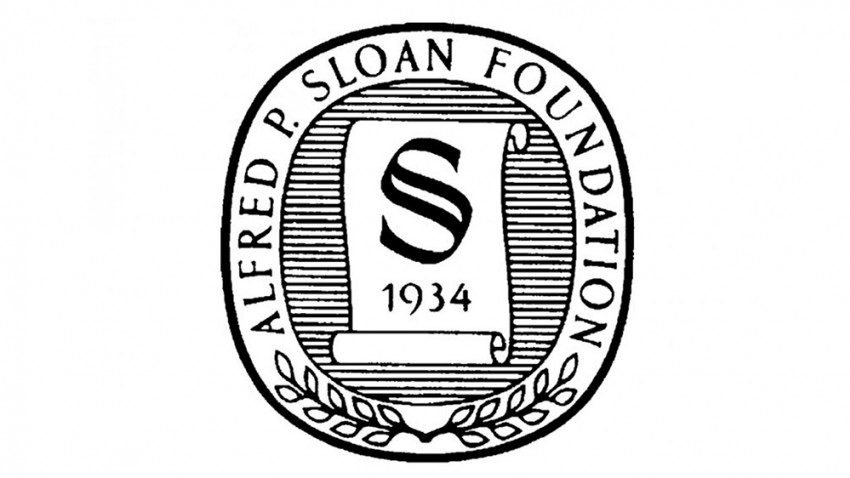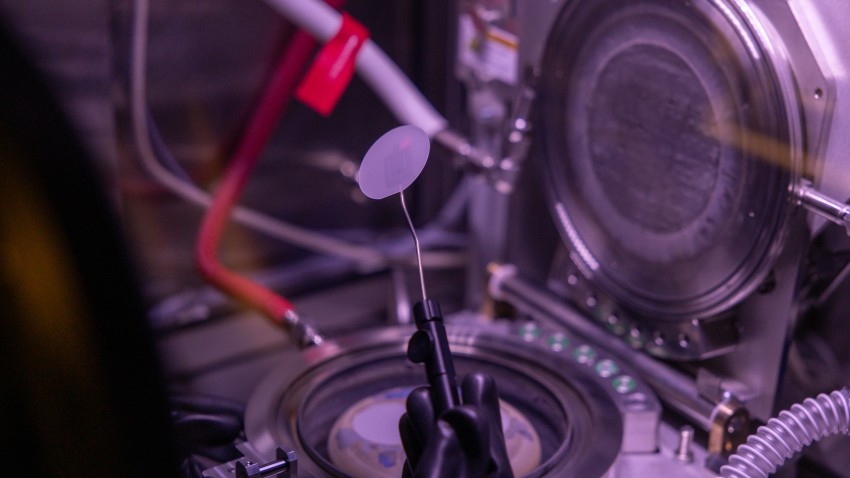News
Xiaomeng Liu is among five Cornell faculty members who have won 2026 Sloan Research Fellowships from the Alfred P. Sloan Foundation. Liu investigates how collective behavior among electrons gives rise to new quantum properties in advanced materials.
Debanjan Chowdury is one of four Cornell faculty members who have been awarded grants by the U.S. Department of Energy as part of its Office of Science Early Career Research Program. His research involves programmable noisy intermediate-scale quantum (NISQ) devices.
Electrons can be elusive, but Cornell researchers using a new computational method can now account for where they go – or don’t go – in certain layered materials.
Using a Cornell-built instrument and Cornell-built high-speed detector, a team of researchers captured atomically thin materials responding to light with a dynamic twisting motion.
A custom-built, metal-organic chemical vapor deposition system in Duffield Hall will help forge new directions for nitride semiconductors, materials best known for enabling LEDs and 5G communications.
Reppy was recognized along with David Bishop, Ph.D. ’78, for “groundbreaking experiments” they did on helium 50 years ago.
Seiberg, professor in the School of Natural Sciences at the Institute for Advanced Study, will explore string theory and other aspects of scientific progress.
Cornell physicists and computer scientists have developed a machine learning architecture inspired by the large language models (LLMs) behind ChatGPT to help them study the vastly complicated interactions that happen when nature’s smallest particles interact.
Greg Fuchs, the James R. Meehl Professor in School of Applied and Engineering Physics, and Thomas Hartman, professor in the Department of Physics in the College of Arts and Sciences, have been elected as fellows of the American Physical Society.
Cornell researchers have built a programmable optical chip that can change the color of light by merging photons, without requiring a new chip for new colors – technology that could potentially be used for classical and quantum communications networks.
Cornell physicist Brad Ramshaw has been named a 2025 Experimental Physics Investigator – national recognition awarded by the Gordon and Betty Moore Foundation to a select group of researchers pushing the boundaries of experimental physics.
A Cornell researcher and collaborators have developed a machine-learning model that encapsulates and quantifies the valuable intuition of human experts in the quest to discover new quantum materials.











